Textile
Our company offers a wide range of different textile options for manufacturers. Our textile services are a flexible solution for the varying needs of different industries. Our service selection covers everything from interior design to workwear and personal protective equipment.
Acrylic
Acrylic is a synthetic man-made fabric that was originally developed to be an alternative to wool. Today it’s a widely popular fabric for its durability and ease of care. Acrylic is used in apparel, upholstery, rugs, awnings, boat and vehicle covers, luggage, blankets, and stuffed animals.
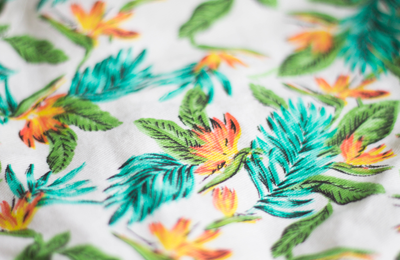 01
01
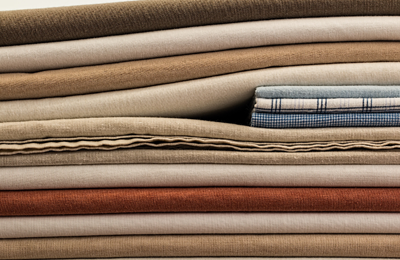 02
02
Linen
Linen is a cellulose polymer, but its structure is more crystalline, making it stronger, crisper and stiffer to handle, and more easily wrinkled.
Linen fabric maintains a strong traditional niche among high quality household textiles – bed linen, furnishing fabrics, and interior decoration accessories.
Cotton
Cotton is almost pure cellulose, with softness and breathability that have made it the world’s most popular natural fibre. It absorbs moisture readily, which makes cotton clothes comfortable in hot weather, while high tensile strength in soap solutions means they are easy to wash.
An estimated 60% of cotton fibre is used as yarn and threads in a wide range of clothing, most notably in shirts, T-shirts and jeans, but also in coats, jackets, underwear and foundation garments.
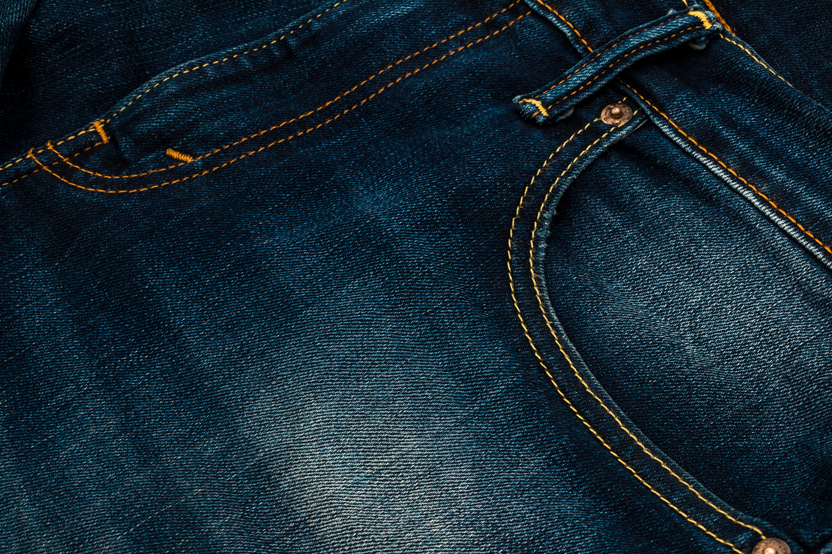 03
03
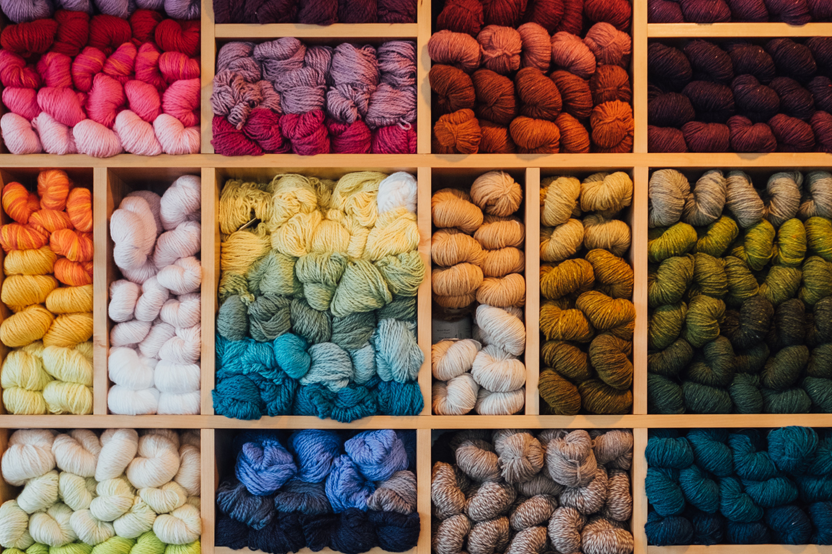 04
04
Wool
Wool is a multifunctional fibre with a range of diameters that make it suitable for clothing, household fabrics and technical textiles.
Industrial uses of wool include sheets of bonded coarse wool used for thermal and acoustic insulation in home construction, as well pads for soaking up oil spills.
Polyamide
The polyamide fibers include the nylons and the aramid fibers. Both fiber types are formed from polymers of long-chain polyamides. The nylons generally are tough, strong, durable fibers useful in a wide range of textile applications.
The fully aromatic aramid fibers have high-temperature resistance, exceptionally high strength, and dimensional stability.
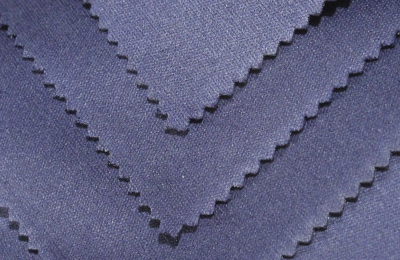 05
05
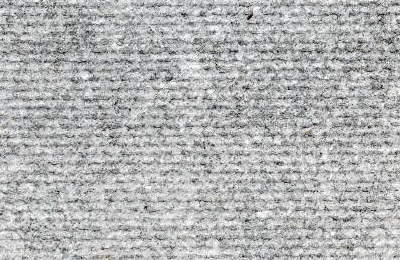 06
06
Asbestos
Asbestos is the name given to several natural minerals (anthophyllite, amphibole, serpentine) which occur in a fibrous crystalline form. Asbestos is very resistant to heat and burning, to acids and alkalies, and to other chemicals.
Although it has low strength, asbestos fiber does not deteriorate in normal usage, and it is not attacked by insects or microorganisms. Asbestos is used in fireproof clothing, conveyor belts, brake linings, gaskets, industrial packings, electrical windings, insulations, and soundproofing materials.
Metallic fibers
Metallic fibers are defined as fibers composed of metal, plastic coated metal, or metal-coated plastic. Single-component metallic fibers for textile usage are finely drawn filaments of metal which can be spun and woven on normal textile machinery. These metallic fibers possess the properties of the metal from which they are formed.
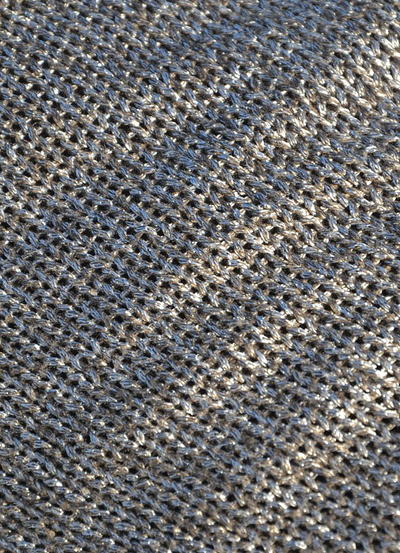 07
07
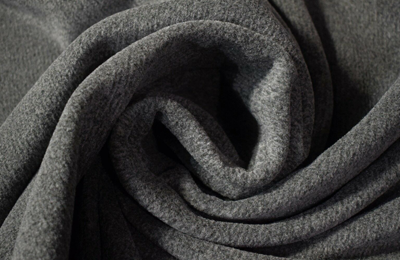 08
08
Fleece
Fleece is a man-made wonder product, if there is such a thing.
Fleece has been used for everything from ear-warmers for baby calves, to underwear for astronauts.
It’s versatility makes it one of the most commonly used fabrics in the textile industry today.